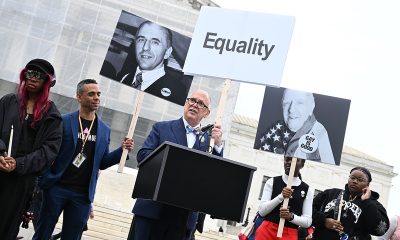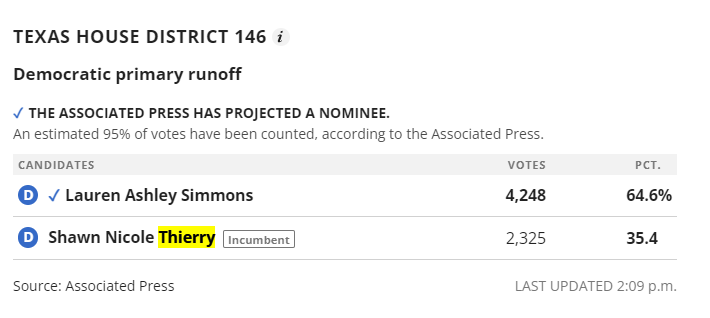Texas
LGBTQ activists sue to block Texas’ new drag law
Senate Bill 12 to take effect Sept. 1
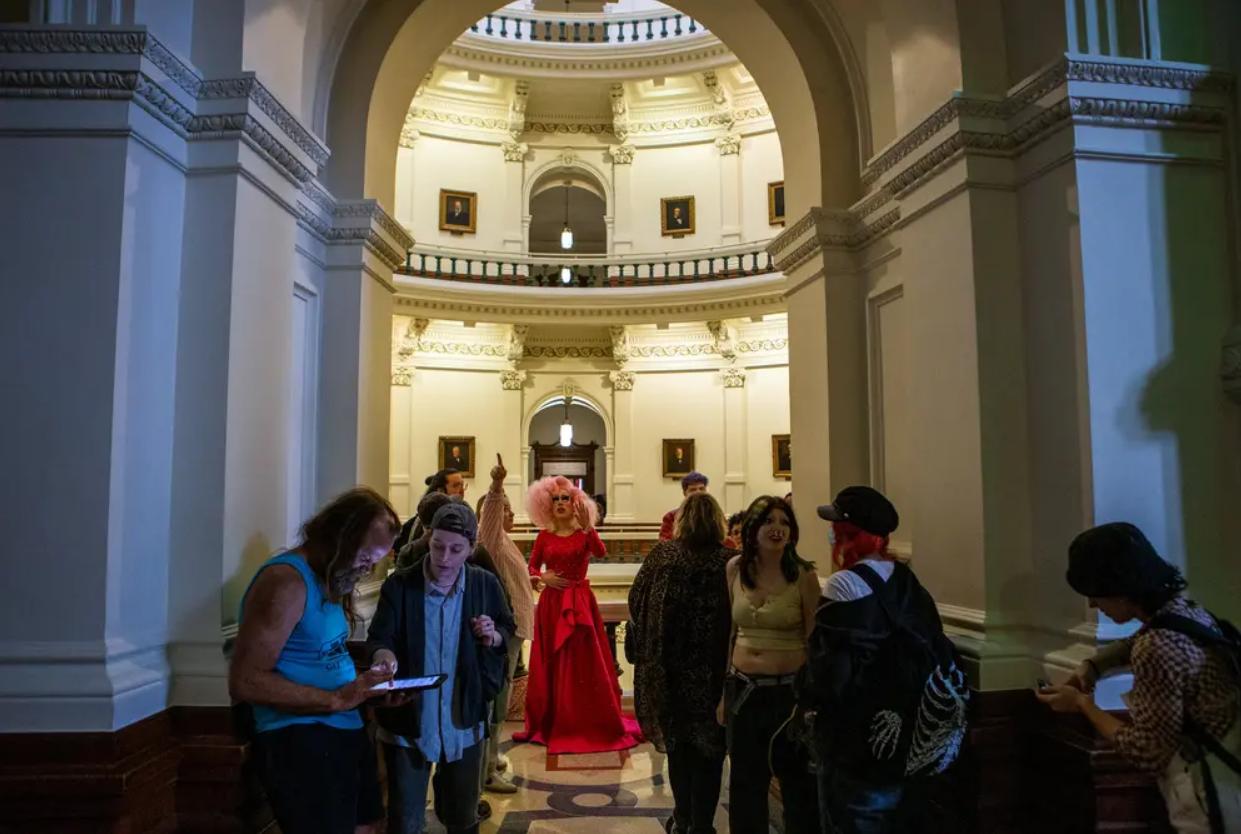
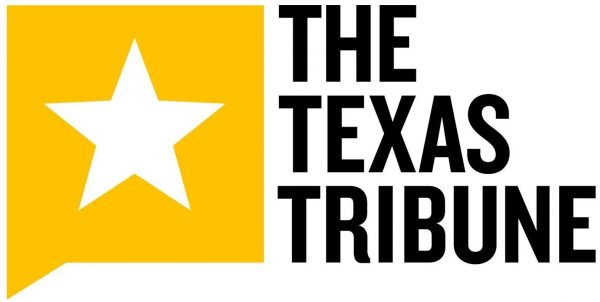
By Rebecca Schneid | LGBTQ Texans and advocates filed a federal lawsuit Wednesday to block a new state law that criminalizes some drag shows — and other performances — if they occur in front of children.
Senate Bill 12, which goes into effect on Sept. 1, originally sought to classify all drag shows as sexual performances, but it was dramatically altered throughout the regular legislative session. The version the Legislature eventually approved criminalizes performers that put on sexually explicit shows in front of children as well as any businesses that host those shows.
But it’s how the law defines sexually explicit behavior that spurred the lawsuit.
The complaint argues that SB 12’s language is overly broad, allowing for too much discretion for police, prosecutors and municipalities to decide what is or is not illegal.
“In its zeal to target drag, the Legislature passed a bill so yawning in scope that it criminalizes and restricts an enormous swath of constitutionally protected activity,” says the lawsuit, which was filed by the American Civil Liberties Union of Texas. “The state has threatened the livelihood and free expression of many Texans.”
Under the law, business owners would face a $10,000 fine for hosting sexually explicit performances in which someone is nude or appeals to the “prurient interest in sex.” Performers caught violating the proposed restriction could be slapped with a Class A misdemeanor, which carries a maximum penalty of a year in jail and a $4,000 fine.
The Attorney General’s office, whose acting leader is one of the defendants in the suit, did not immediately respond to a request for comment Thursday. State Sen. Bryan Hughes, who authored SB 12, and several co-authors of the legislation also did not immediately respond to requests for comment.
The plaintiffs, represented by the ACLU of Texas, argue that SB 12 violates the First and 14th Amendments because the law “discriminates against the content and viewpoints of performances and imposes prior restraint on free expression.”
According to the Dallas Morning News, attorneys who have reviewed the bill say it could end up criminalizing behavior common at everything from Pride parades to bachelorette parties.
The bill classifies the use of “accessories or prosthetics that exaggerate male or female sexual characteristics,” accompanied with sexual gesticulations as sexual conduct.
Brigitte Bandit, an Austin-based drag performer and one of the plaintiffs, criticized the addition of “accessories or prosthetics” to the bill.
“Is me wearing a padded bra going to be [considered] enhancing sexual features?” Bandit asked lawmakers earlier this year. “It’s still really vague but it’s still geared to try to target drag performance, which is what this bill has been trying to do this entire time, right?”
In a press release attached to the complaint, Bandit stated that they will not allow the drag community to be “used as a scapegoat or a distraction by politicians.”
Other plaintiffs are the Woodlands Pride, Abilene PRIDE Alliance, Extragrams LLC and 360 Queen Entertainment LLC.
In addition to the acting attorney general, they are suing the district attorneys of Montgomery and Bexar Counties, the county attorney of Travis County, the City of Abilene, Woodlands Township, Montgomery County and Taylor County.
GLAAD, Equality Texas and the Transgender Education Network of Texas released a statement criticizing the law and portraying it as an attempt to unconstitutionally restrict the lives of LGBTQ Texans.
“The goal of this law is to chip away at our freedoms and eventually erase queer and trans existence from the public sphere,” said Andrea Segovia, senior field and policy advisor for TENT. “The plaintiffs of this case demonstrate true Texas values by standing strong for queer and trans rights. We’re supporting them every step along the way.”
***********************************************************************************
Editor’s note: More than 200 speakers are now confirmed for the 2023 Texas Tribune Festival in downtown Austin from Sept. 21-23. Each year, the Festival engages, challenges and surprises attendees with unexpected talent mashups, must-see interviews and more, curated by the award-winning journalists at The Texas Tribune. See the lineup and get tickets today.
The preceding article was previously published by The Texas Tribune and is republished by permission.
The Texas Tribune is a nonprofit, nonpartisan media organization that informs Texans — and engages with them — about public policy, politics, government and statewide issues. Disclosure: The ACLU of Texas has been a financial supporter of The Texas Tribune, a nonprofit, nonpartisan news organization that is funded in part by donations from members, foundations and corporate sponsors. Financial supporters play no role in the Tribune’s journalism. Find a complete list of them here.
**********************
Quality journalism doesn’t come free
Perhaps it goes without saying — but producing quality journalism isn’t cheap. At a time when newsroom resources and revenue across the country are declining, The Texas Tribune remains committed to sustaining our mission: Creating a more engaged and informed Texas with every story we cover, every event we convene and every newsletter we send. As a nonprofit newsroom, we rely on members to help keep our stories free and our events open to the public. Do you value our journalism? Show us with your support.
Donation Link Here: (Link)
Texas
Texas lawmaker introduces bill to criminalize identifying as transgender
Republican’s proposal unlikely to pass
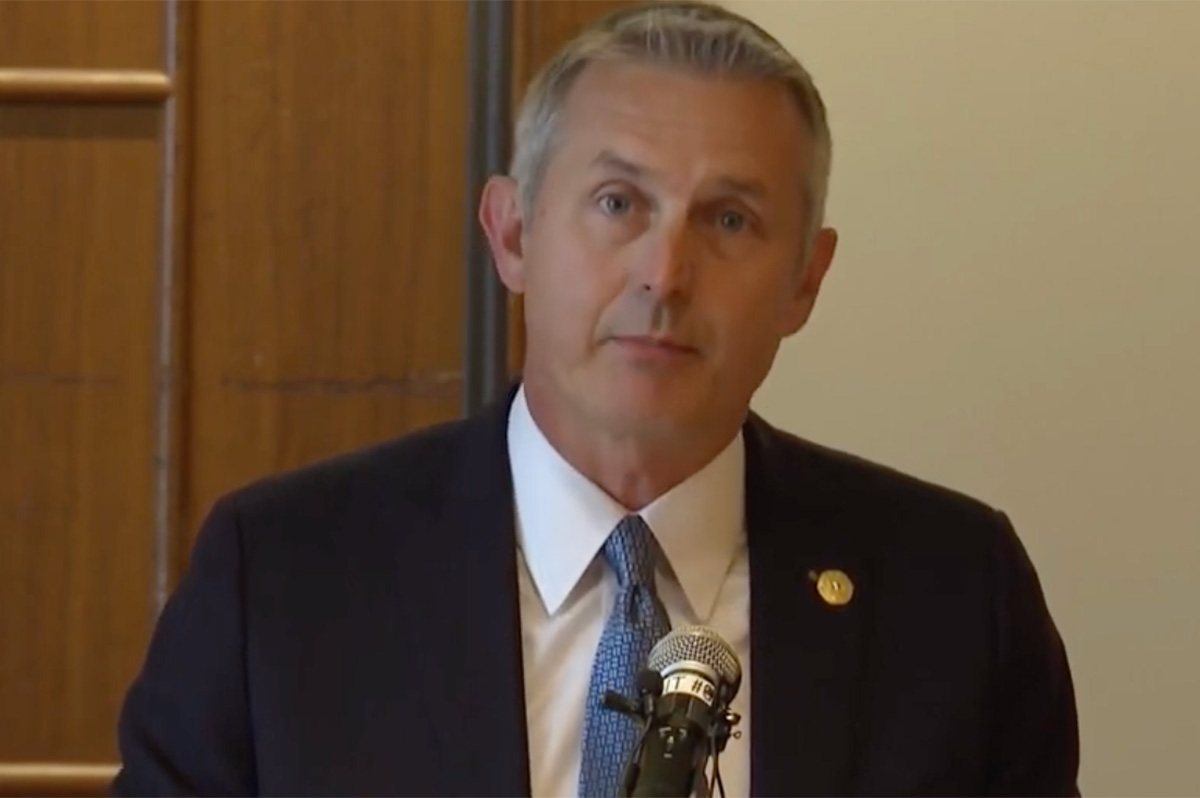
Republican Texas state Rep. Tom Oliverson introduced a bill last week that would prohibit Texans from identifying themselves as transgender on official documents.
The legislation would classify as a state felony the act of “knowingly [making] a false or misleading verbal or written statement” by identifying one’s birth sex incorrectly to a governmental entity or to an employer.
While the bill, according to the Houston Chronicle, does not yet have any cosponsors and is considered unlikely to pass, the effort underscores conservative lawmakers’ turn toward increasingly extreme measures targeting the trans community, particularly in Texas.
For example, Republican state Rep. Brent Money introduced a bill last month that would have expanded the 2023 law barring gender affirming health treatments for minors by also prohibiting providers from offering puberty-suppressing medication, hormone therapy or surgeries to adults if the purpose is to affirm their gender identity.
Equality Texas reports that the state legislature has seen more than 170 bills targeting the LGBTQ community so far this year.
Oliverson in 2024 unsuccessfully challenged the chamber’s Republican speaker, Dade Phelan.
Texas
Anti-trans Texas Democrat loses primary to queer woman
Lauren Ashley Simmons defeated state Rep. Shawn Thierry
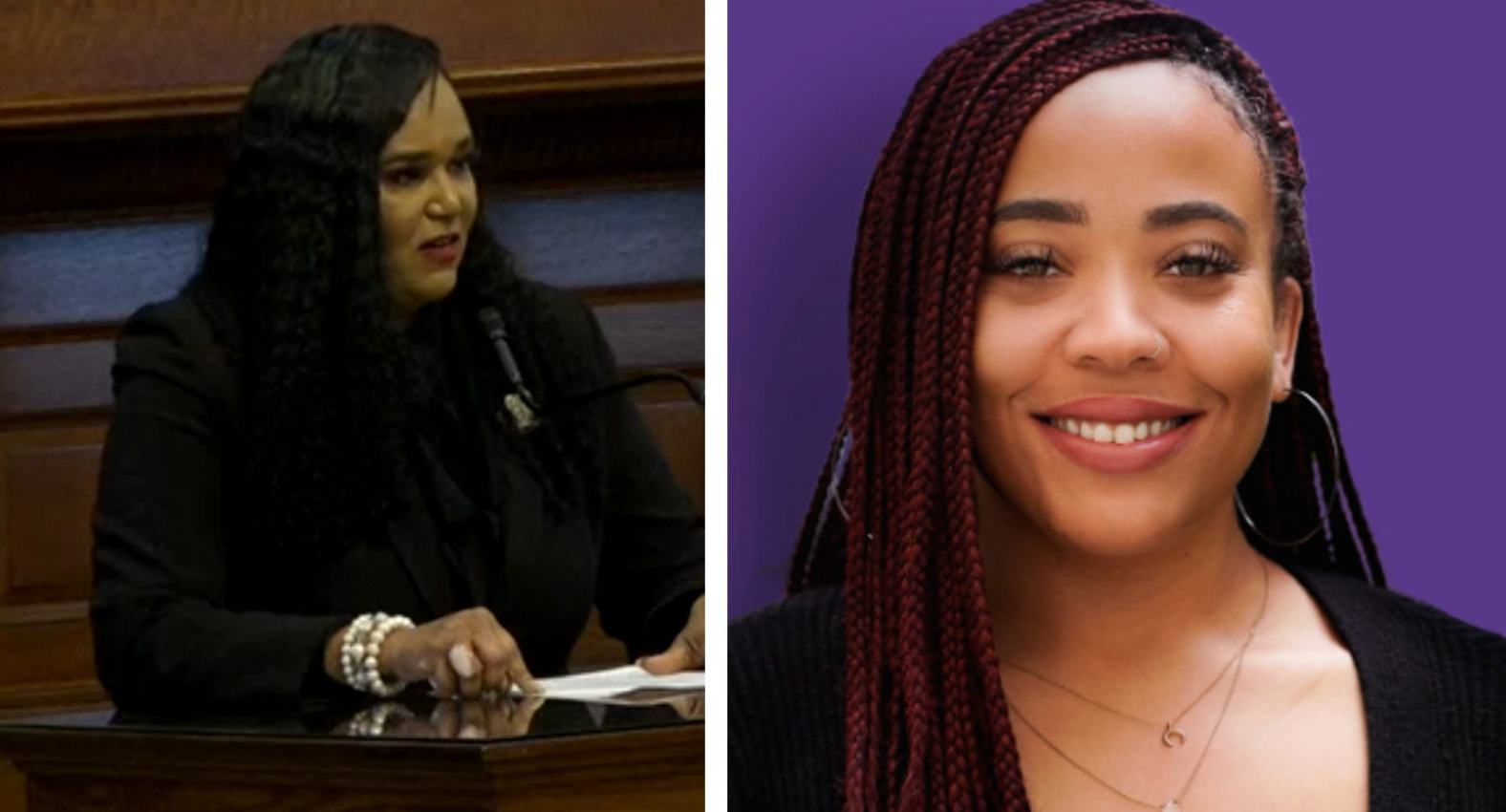
BY ERIN REED | Houston Democratic Texas House of Representatives incumbent Shawn Thierry was trounced in a primary runoff election on Tuesday.
Thierry was one of only a handful of Democrats across the country who broke ranks with her party and voted for a ban on gender-affirming care for transgender youth, delivering a lengthy and misinformation-filled speech in doing so.
After her anti-trans vote, queer union organizer Lauren Ashley Simmons stepped forward to unseat her, earning dozens of influential endorsements from party leaders and organizations. On Tuesday night, Simmons left no doubt about her victory: She resoundingly won by a 65-35 percent margin.
On May 12, Thierry voted to pass a gender-affirming care ban for trans youth, an exceedingly rare vote for a Democrat. In doing so, she spoke on the House floor, calling trans girls “biological males” and arguing that conversion therapy was the true solution to gender dysphoria.
She also voted against every amendment intended to mitigate the harm the bill would cause trans youth in the state. This led to a vote to censure Thierry by the Meyerland Area Democrats, who reported feeling betrayed by her earlier assurances that she was an ally to the LGBTQ community.
Thierry’s district, the 146th District of the Texas House of Representatives, is not a swing district. It includes predominantly Black and Latino neighborhoods in Houston that tend to vote heavily Democratic. Previously, Thierry had beaten a Libertarian candidate by a 87-13 percent margin, with no Republican running in the race. Thus, whoever wins the Democratic primary in the district is likely to represent the district in the Texas House of Representatives.
Enter Simmons, a queer union organizer who ran in opposition to Thierry’s anti-LGBTQ votes and activism. In her announcement that she would be challenging Thierry in the primary, Simmons stated, “Our current representative has lost her way and now votes with Greg Abbott and Republicans to take away our rights, destroy our public schools, and hurt our kids.”
Simmons quickly garnered major endorsements, an uncommon feat for a primary challenger to an incumbent politician. Equality Texas, the LGBTQ+ Victory Fund, and LPAC, all significant LGBTQ organizations, endorsed her.
She also secured major union endorsements from the American Federation of Teachers, the AFL-CIO, and the Service Employees International Union. Additional support came from Planned Parenthood, Harris County Young Democrats, and Run for Something. High-profile congressional endorsements included Congresswomen Jasmine Crockett and Lizzie Fletcher, as well as former Congressman Beto O’Rourke.
In the lead-up to the election, which was quickly becoming a referendum on whether anti-trans politics could gain a foothold in the Democratic Party, Thierry did not tone down her anti-LGBTQ sentiment. She participated in “faith walks” with major local churches supportive of her stance and relied heavily on Republican donations.
When asked about her anti-trans votes, she called gender-affirming care “Black genocide.” Thierry’s statements were decried by major community members, including Diamond Stylz Collier, who leads the Texas nonprofit Black Trans Women Inc. Collier called the comments disgusting, stating, “We have an increase of trans people dying of violence around the country and a real-life genocide happening in other parts of the globe.”
As votes poured in on Tuesday evening, it became clear that Simmons would be the victor. She secured a decisive majority, with the district voting 65-35 percent in her favor over Thierry. Reflecting on her victory, Simmons stated, “Thanks to your amazing support, we all won BIG last night! We are so grateful, and so proud of the strong message this decisive victory sends to those who seek political gain by using bigotry, hatred, and fear: STOP. Thank you!”
Increasingly, anti-trans influencers are attempting to make inroads into left-leaning politics, a strategy that has seen mixed results internationally. In the U.K., for instance, the Labour Party has been notoriously poor on trans rights.
In the U.S., however, these efforts have met with far less success. Just yesterday in California, an attempt to place a gender-affirming care ban on the ballot was defeated. Similarly, in most states, Democrats have remained steadfast against anti-transgender legislation. Now, even in a conservative state like Texas, it is evident that there is little appetite within the party for sacrificing transgender rights, and doing so could jeopardize one’s political career.
******************************************************************************************

Erin Reed is a transgender woman (she/her pronouns) and researcher who tracks anti-LGBTQ+ legislation around the world and helps people become better advocates for their queer family, friends, colleagues, and community. Reed also is a social media consultant and public speaker.
******************************************************************************************
The preceding article was first published at Erin In The Morning and is republished with permission.
Texas
Pornhub blocks Texas accessing site over age verification law
Court battle forced statute to take effect

Aylo (formerly MindGeek) the largest global adult online entertainment conglomerate, owned by Canadian private equity firm Ethical Capital Partners, has restricted access to its platforms including its flagship Pornhub in Texas after a court battle forces the state’s age verification law to take effect.
Texas Republican Attorney General Ken Paxton had appealed a U.S. District Court decision that enjoined him from enforcing House Bill 1181. Paxton and others argued that purveyors of obscene materials online needed to institute reasonable age-verification measures to safeguard children from pornography.
A week ago the 5th U.S. Circuit Court of Appeals partially vacated the original injunction, ruling that the age verification requirements are constitutional.
“Applying rational-basis review, the age-verification requirement is rationally related to the government’s legitimate interest in preventing minors’ access to pornography,” the three judge panel of the 5th Circuit explained. “Therefore, the age-verification requirement does not violate the First Amendment.”
While the court vacated the injunction against the age-verification requirement of the statute, it upheld the lower court’s injunction against a separate section of the law that would require pornography websites to display a health warning on their landing page and all advertisements.
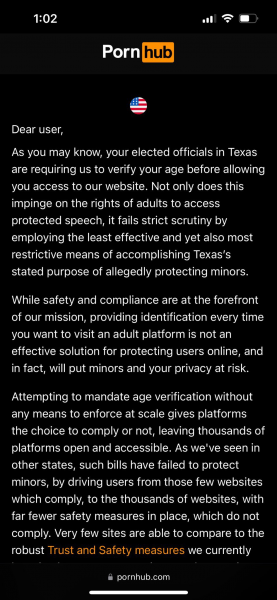
The Houston Chronicle reported people who go to the site are now greeted with a long message from the company railing against the legal change as “ineffective, haphazard, and dangerous.” The company calls for age verification by the makers of devices that let people on the internet, instead of individual websites.
Age verification legislation was enacted in several states in 2023 in addition to Texas, including North Carolina, Montana, Arkansas, Louisiana, Mississippi, Utah and Virginia.
The new laws require users to provide digital confirmation via a certified approved third party vendor like London-based digital identity company Yoti. The other possibility would be a state approved digital ID such as the California DMV’s Wallet app, which contains a mobile driver’s license.
Users accessing Pornhub from within Louisiana are presented with a different webpage that directs them to verify their age with the state’s digital ID system, known as LA Wallet. The law passed in 2022 subjects adult websites to damage lawsuits and state civil penalties as high as $5,000 a day if they fail to verify that users are at least 18 years old by requiring the use of digitized, state-issued driver’s licenses or other methods.
The Associated Press reported this past October that an adult entertainment group’s lawsuit against a Louisiana law requiring sexually explicit websites to verify the ages of their viewers was dismissed by U.S. District Judge Susie Morgan in New Orleans.
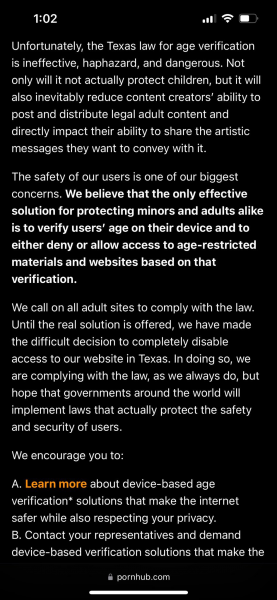
Potential or existing Pornhub users in North Carolina and Montana are directed to a video that features adult film star Cherie DeVille, who recites a message also written under the video.
“As you may know, your elected officials in your state are requiring us to verify your age before allowing you access to our website. While safety and compliance are at the forefront of our mission, giving your ID card every time you want to visit an adult platform is not the most effective solution for protecting our users and in fact, will put children and your privacy at risk.”
“Mandating age verification without proper enforcement gives platforms the opportunity to choose whether or not to comply,” the statement continues. “As we’ve seen in other states, this just drives traffic to sites with far fewer safety measures in place.”
“Until a real solution is offered, we have made the difficult decision to completely disable access to our website in [the aforementioned locales]” the message ends with.
The company previously blocked Utah on May 7, 2023. CNN reported at the time:
Affected users are shown a message expressing opposition to Senate Bill 287, the Utah law signed by Gov. Spencer Cox in March that creates liability for porn sites that make their content available to people below the age of 18.
“As you may know, your elected officials in Utah are requiring us to verify your age before allowing you access to our website,” the message said. “While safety and compliance are at the forefront of our mission, giving your ID card every time you want to visit an adult platform is not the most effective solution for protecting our users, and in fact, will put children and your privacy at risk.”
Courthouse News reported that after Virginia’s bill was passed in June, state Sen. L. Louise Lucas, a Democrat, criticized the state for not creating a system for age verification, and instead leaving it up to websites to manage the process, citing security risks.
“We passed a bill during this session to protect children from online porn. However the executive branch had an obligation to create a system for age verification,” Lucas said on X, formerly Twitter. “We will continue our work to keep pornography out of the hands of minors … but we will also work to ensure that this Governor’s error does not put the privacy of Virginians at further risk.”
Beyond the U.S. in the European Union, Pornhub and two more of the world’s biggest porn websites face new requirements in the European Union that include verifying the ages of users, under the EU’s Digital Services Act.
According to a December 20 report from the Associated Press, Pornhub, XVideos and Stripchat have now been classed as “very large online platforms” subject to more stringent controls under the Digital Services Act because they each have 45 million average monthly users, according to the European Commission, the EU’s executive branch.
They are the first porn sites to be targeted by the sweeping Digital Services Act, which imposes tough obligations to keep users safe from illegal content and dodgy products, the Associated Press reported last month.
In addition to the adult entertainment websites, any violations are punishable by fines of up to 6% of global revenue or even a ban on operating in the EU. Some 19 online platforms and search engines have already been identified for stricter scrutiny under the DSA, including TikTok, Amazon, Facebook, Instagram, Google and more.
-

 U.S. Supreme Court4 days ago
U.S. Supreme Court4 days agoSupreme Court upholds ACA rule that makes PrEP, other preventative care free
-

 U.S. Supreme Court4 days ago
U.S. Supreme Court4 days agoSupreme Court rules parents must have option to opt children out of LGBTQ-specific lessons
-

 Television5 days ago
Television5 days ago‘White Lotus,’ ‘Severance,’ ‘Andor’ lead Dorian TV Awards noms
-

 Music & Concerts5 days ago
Music & Concerts5 days agoBerkshire Choral to commemorate Matthew Shepard’s life

